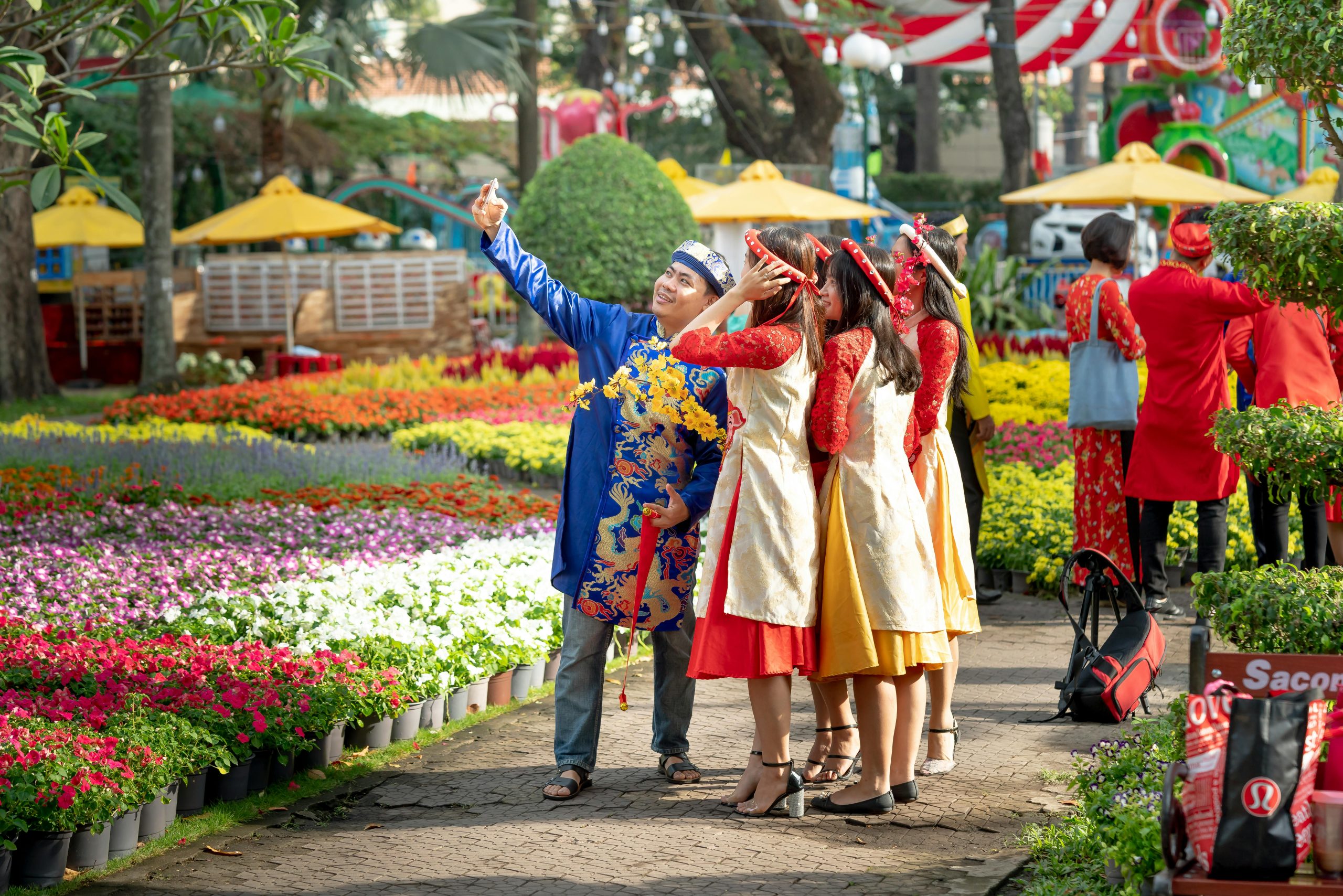Jehovah’s Witnesses are known for their door-to-door evangelism and distribution of literature, including handwritten notes. It’s not uncommon for residents in various areas, including Bracknell, to receive such materials, as part of their outreach efforts. They typically select addresses at random from local lists or when canvassing neighbourhoods. It’s unlikely that someone is specifically targeting you or signing you up as a prank. This is part of their broader attempt to spread their beliefs and invite conversations about their faith. If you prefer not to receive these materials, you could consider placing a “No Religious Materials” sign on your letterbox, which is generally respected by well-meaning visitors, including Jehovah’s Witnesses.
I’ve been receiving handwritten Jehovah’s Witness papers in my mailbox in Bracknell, suggesting I join their group. Is this a common occurrence or is someone deliberately registering me for this?

3 thoughts on “I’ve been receiving handwritten Jehovah’s Witness papers in my mailbox in Bracknell, suggesting I join their group. Is this a common occurrence or is someone deliberately registering me for this?”
Leave a Reply
You must be logged in to post a comment.
It’s interesting to see how community outreach varies from one place to another, and your experience in Bracknell highlights a broader trend of individuals and groups engaging with their communities in unique ways. Interestingly, while Jehovah’s Witnesses are known for their proactive evangelism, handwritten notes represent a more personal touch that can foster conversation.
If you’re curious about their beliefs or the rationale behind their methods, engaging in a dialogue could offer valuable insights, even if you don’t align with their views. Many find that conversations can lead to a better understanding of differing perspectives. Alternatively, if the materials become bothersome, your suggestion of using a “No Religious Materials” sign is an excellent approach.
Moreover, it’s worth noting that local community forums might provide additional context, as many neighborhoods have varying experiences with such outreach efforts. Engaging in those discussions can help illuminate common practices and perhaps lead to a more cohesive understanding among residents on how to navigate such interactions. What has been your experience with other outreach initiatives in your area?
It’s interesting to see how practices of outreach can vary widely among religious groups, and your experience highlights an important aspect of community engagement. Jehovah’s Witnesses aim to share their beliefs through various methods, including literature distribution and personal interactions. It’s vital to note that their approach, while sometimes viewed as intrusive, stems from a commitment to their faith and an earnest desire to connect with others.
If this kind of contact feels unwelcome, it’s definitely worthwhile to communicate your preferences, as you mentioned. Additionally, you might find it helpful to understand more about their beliefs and practices. Engaging in open dialogue when approached could lead to a deeper understanding, even if you don’t agree with their views. Every encounter can foster greater respect and empathy among different perspectives in our communities. By discussing boundaries, we not only support our personal space but also contribute to a culture of mutual respect.
Thank you for sharing your experience. Receiving handwritten materials can indeed feel personal and sometimes unexpected. It’s interesting to see how organizations like Jehovah’s Witnesses employ targeted outreach strategies, including handwritten notes, to connect with residents. While it’s generally part of their broad outreach efforts, it’s also worth noting that some communities choose to opt out of unsolicited religious literature. Placing a clear “No Religious Materials” sign, as you mentioned, is an effective and respectful way to communicate your preferences. Additionally, if you wish to explore this further, engaging directly with local representatives or community groups about their outreach policies can provide more clarity. Understanding these practices can help residents maintain boundaries while respecting efforts to share their beliefs.